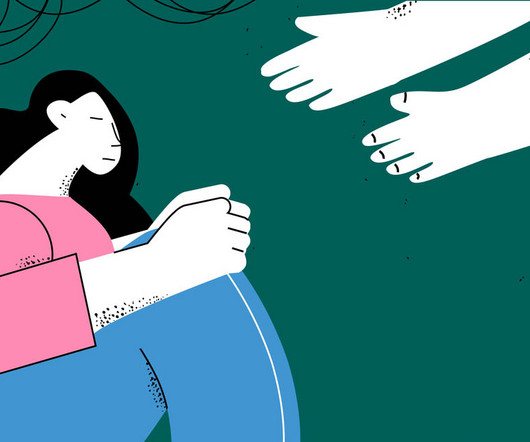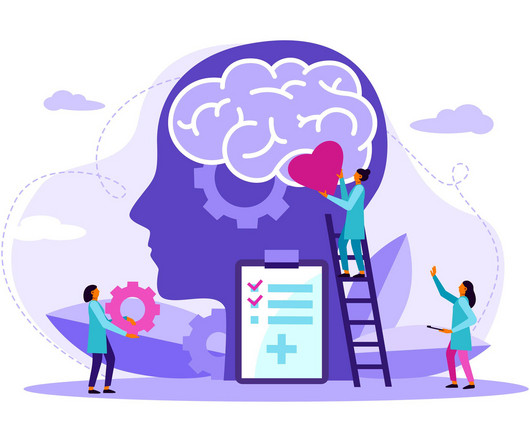Dialectical Behavior Therapy (DBT)
Kids Mental Health Info
APRIL 6, 2015
Dialectical Behavior Therapy (DBT) is a cognitive-behavioral treatment developed by Marsha Linehan, PhD and her team at the University of Washington. It has two key components: a behavioral, problem-solving focus blended with acceptance-based strategies, and an emphasis on dialectical processes.












Let's personalize your content